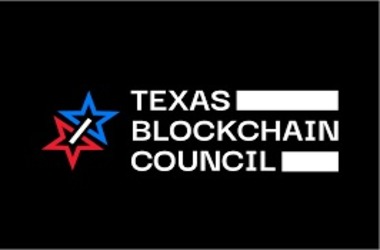
The TBC and Riot, in their case filed on February 23 in the United States District Court for the Western District of Texas, successfully convinced the judge that irreversible harm would occur without a temporary restraining order (TRO) against further data collection. Consequently, the court granted a TRO, specifically preventing the EIA from mandating crypto miners’ responses to the survey and from disclosing any data already obtained from it.
The plaintiffs argued that the potential damages encompassed unrecoverable compliance costs, a credible threat of prosecution for non-compliance, and the divulgence of proprietary information requested by the survey. Moreover, a disagreement arose over the estimated completion time for the survey, with the court deeming the EIA’s approximation of 30 minutes as “extremely inaccurate.” The TBC and Riot contested this estimate, asserting that the actual cost of compliance had already surpassed 40 hours.
Supported by presented evidence, the court found it probable that TBC and Riot would succeed in their lawsuit. Additionally, it asserted that the EIA had misused its authority in obtaining approval for the emergency survey, a move the court considered as “falling significantly short of justifying such an action.”
The court’s filing emphasized, “Plaintiffs also show that they are likely to succeed on the merits. The survey was proposed and approved under an emergency provision of the PRA.”
Temporary restraining order granted pic.twitter.com/LzYVycdEWK
— Pierre Rochard (@BitcoinPierre) February 24, 2024
“The Court docket finds that Plaintiffs have demonstrated as a result of a verified complaint and supporting proof that fast and irreparable harm, loss, or injury will result if a TRO is not issued.”
The TRO is set to expire before March 25, and its purpose is to “maintain the status quo” during the four-week period. This legal victory marks a significant development in the ongoing tension between crypto miners and U.S. energy officials, providing a precedent for the protection of miners’ interests against what is perceived as overreaching data collection practices.
In conclusion, the recent court decision serves as a temporary relief for the Texas Blockchain Council and Riot Platforms, signaling a potential turning point in their legal battle against intrusive data collection efforts by U.S. energy authorities.